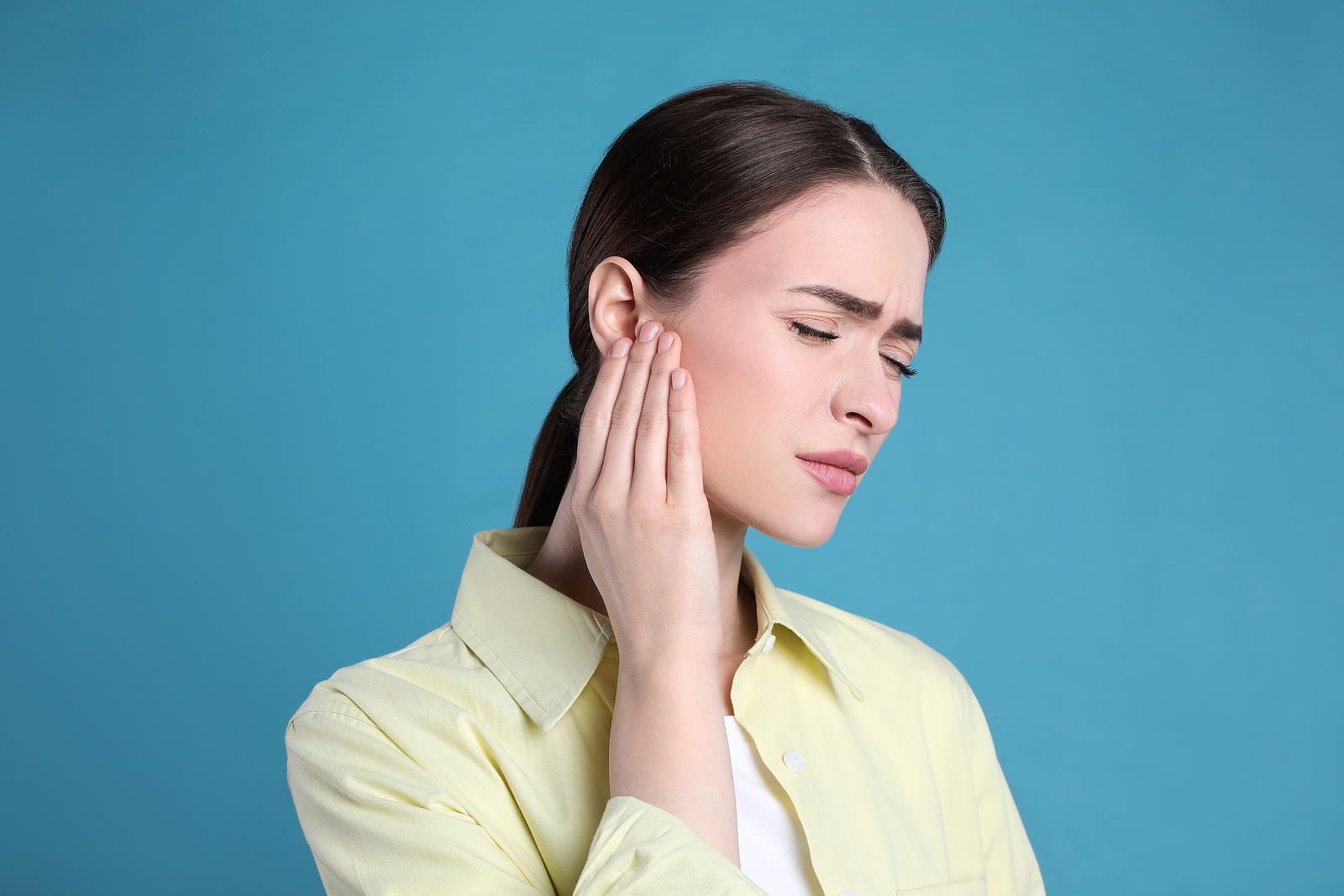
Loud noise is a common cause of hearing loss. One time or consistent exposure to loud noise can damage the auditory system – the sensory system for hearing. According to the Centers for Disease Control & Prevention, 22 million people are exposed to hazardous noise levels in the workplace. A recent study shows that people working in specific industries including agriculture, music, and construction experience a higher risk of developing hearing loss. Understanding this risk and practicing measures to protect hearing health can prevent the development of noise induced hearing loss.
Workplaces & Higher Risk of Hearing Loss
Studies show that people who work in noisier settings experience a higher risk of developing hearing loss. A recent study, published in 2021, that illuminates this compared people who work in louder work environments to those who do not. Researchers assessed data of 22, 936 people (ages 40-69) which was provided by the U.K. Biobank resource for epidemiology. Researchers looked at tinnitus – a buzzing or ringing like noise in one or both ears which is a common hearing loss symptom – which was self-reported. They also evaluated hearing challenges by assessing results from hearing tests.
Researchers identified the following patterns:
- Levels of tinnitus were highest among people who worked in music and construction industries (compared to finance)
- Highest levels of hearing loss were among people in agricultural and construction industries
These findings highlight higher levels of tinnitus and hearing difficulties among people who work in agriculture, music, and construction industries. These work environments expose people to hazardous levels of sound that can cause noise induced hearing loss.
Noise Induced Hearing Loss
Loud noise can permanently damage the hair cells in the inner ear. These sensory cells are responsible for converting incoming soundwaves into electrical signals which get carried to the brain. The brain is then able to assign meaning to these signals which allows us to understand what we hear. Loud noise can cause hair cells in the inner ear (specifically the cochlea) to become desensitized and/or die which prevent them from performing their essential function. This results in the brain receiving less auditory information, producing chronic hearing loss.
Unlike other types of cells we have, hair cells in the inner ear do not regenerate. There are thousands of hair cells in each ear and humans are actually born with all the hair cells we will ever have. There are no medical interventions or treatments that can replenish these cells which means that any damage is permanent. So how loud does sound have to be to damage these cells?
Sound is measured in units referred to as decibels (dB). The maximum threshold for safe exposure is 85 decibels for 8 hours per day. 85dB is the equivalent of city traffic, a noisy restaurant during peak hours, and a hair dryer. For noise levels that exceed 85dB, exposure time needs to be significantly reduced. According to the Occupational Health and Safety Administration (OHSA) guidelines for safe listening, the exposure time should be reduced by half for every 3-decibel increase of noise after 85dB:
- 85dB: 8 hours
- 88dB: 4 hours
- 91dB: 2 hours
- 94dB: 30min
It is important to take note of noise levels so that you can adjust your exposure time which helps protect your hearing.
Tips to Protect Hearing Health
Noise induced hearing loss is 100% preventable. If you work in a noisier setting, it is especially important for you to practice safety measures. A few tips you can integrate include the following:
- Wear hearing protection: this includes headphones, earmuffs, and earbuds which provide the ears with a physical barrier. This reduces the amount of loud noise that you absorb. There are custom hearing protection options specifically designed for musicians as well as industrial headphones for construction workers.
- Reduce noise exposure: there are various ways you can reduce your exposure to loud noise including maintaining low volume settings on electronic devices, avoiding noise environments and opting for quieter settings, implementing listening breaks throughout the day, taking alternate routes to avoid traffic etc.
- Have hearing tested regularly: another helpful tip is to have your hearing evaluated regularly. Hearing tests involve a painless process that measures your hearing capacities in both ears. This allows you to track your hearing health and treat any changes you may experience.
Contact us today to learn more about how you can protect your hearing health and prevent noise induced hearing loss.
